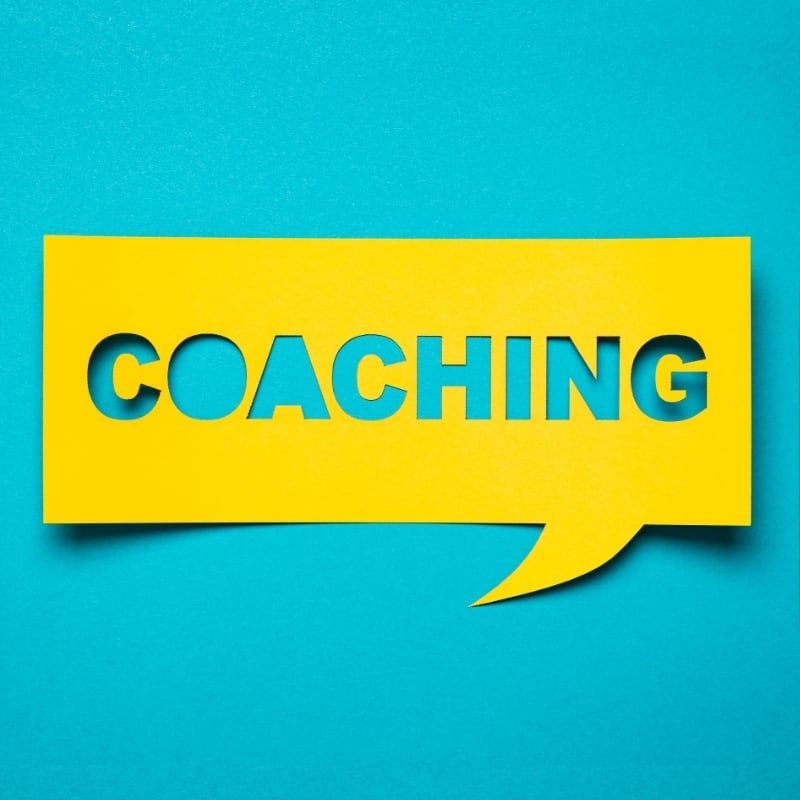Understanding the key tenets of coaching

Professionals have long sought excellence through a variety of methods including training, mentorship and coaching. At a training seminar, a senior executive might present a group with a general blueprint for accomplishing goals A, B and C. Mentorship goes one step further, where a senior mentor advises a junior mentee through the mentor’s own personal experience. Coaching goes even deeper, by diving into the core of what’s holding someone back and devising a personalized roadmap to get them where they want to go.
Coaches work on a wide variety of complex skills like executive leadership and address common goals, such as wanting to have a better presence in meetings, by working with individuals one-on-one to harness their personal strengths and tackle their unique limiting beliefs. Coaching is about understanding what an individual wants to accomplish, why they haven’t accomplished it already, what they’re doing that works and what they’re doing that hasn’t worked. It’s about understanding the person’s underlying psychology and helping them learn and workshop the skills necessary to advance themselves.
Here are a few of the key tenets of coaching.
Deliberate practice
Malcolm Gladwell popularized the concept that 10,000 hours of practicing a skill leads to mastery in his popular 2011 book, Outliers. But the original idea that 10,000 hours of practice makes perfect can be traced back to a 1993 paper written by Anders Ericsson, called “The Role of Deliberate Practice in the Acquisition of Expert Performance.”
The key word here is “deliberate.” The kind of practice that goes into mastering a skill must be intentional and it must be done well. If you practice something for 10,000 hours but you practice it poorly or even practice the wrong thing, you may actually end up ingraining an ineffective behavior. Coaching aims to set clear objectives about what needs to be practiced, based on a thorough analysis of the individual’s skill deficits, then assess and reassess the effectiveness of practice, adjusting when and where necessary.
Diving below the waterline
Most people start to engage with a coach when they’re quite late in their lives and careers. At this point, they’re a lot like an iceberg: what you see above the surface is only a small fraction of what lies beneath the waterline. Whereas training seminars might offer people general advice about how to meet one’s personal objectives above the waterline, they’re not designed to transform someone at the root.
Coaching is all about addressing the root cause of a personal dissatisfaction. For example, if someone is having difficulty speaking up in meetings, training might offer them a few public speaking techniques, but coaching asks why someone is having trouble speaking up before devising a solution. Someone might say they’re not speaking up because they’re afraid of looking stupid or challenging authority. Coaching gets at the heart of all those underlying issues, which are the things that are truly holding people back.
Rewriting personal narratives
A large part of coaching is helping someone make sustainable changes by understanding what’s holding them back – both culturally and internally – and then helping them deliberately shift toward new beneficial behaviors.
Mentorship, where a senior leader shares the strategies that have been effective for them, can be a great success tool. But one size does not fit all. For example, if someone in sales isn’t making enough calls, a mentor might tell them they simply have to pick up the phone more. But if the person is actually terrified of talking on the phone because they’re a huge introvert, they probably won’t benefit much from that advice.
On the other hand, coaches focus less on giving advice and more on asking questions. This way, coaches are able to not only learn more about what makes a person tick but how to get that person to push themselves out of their comfort zone in a way that aligns with their personality.
Turning ‘weaknesses’ into strengths
If you are a highly introverted person, a coach won’t try to force you to be an extrovert; instead, they will teach you how to turn your perceived weakness into your own personal superpower. For example, introverts are usually very thoughtful and organized and they like to know their stuff. These characteristics can be extremely advantageous in extroverted skill sets like sales and communications – when harnessed carefully.
The role of a coach isn’t to force an individual to completely reinvent themselves in a way that goes against their nature, but to challenge that person to think about things differently and shift their perspective about how their natural talents and abilities can help them meet their objectives. Just like a great teacher doesn’t try to fill a student’s head with knowledge, but elicits the student’s own intellectual curiosity, a great coach helps someone better use the tools they already have to climb all the way to the top.
Originally posted at Forbes.com.




